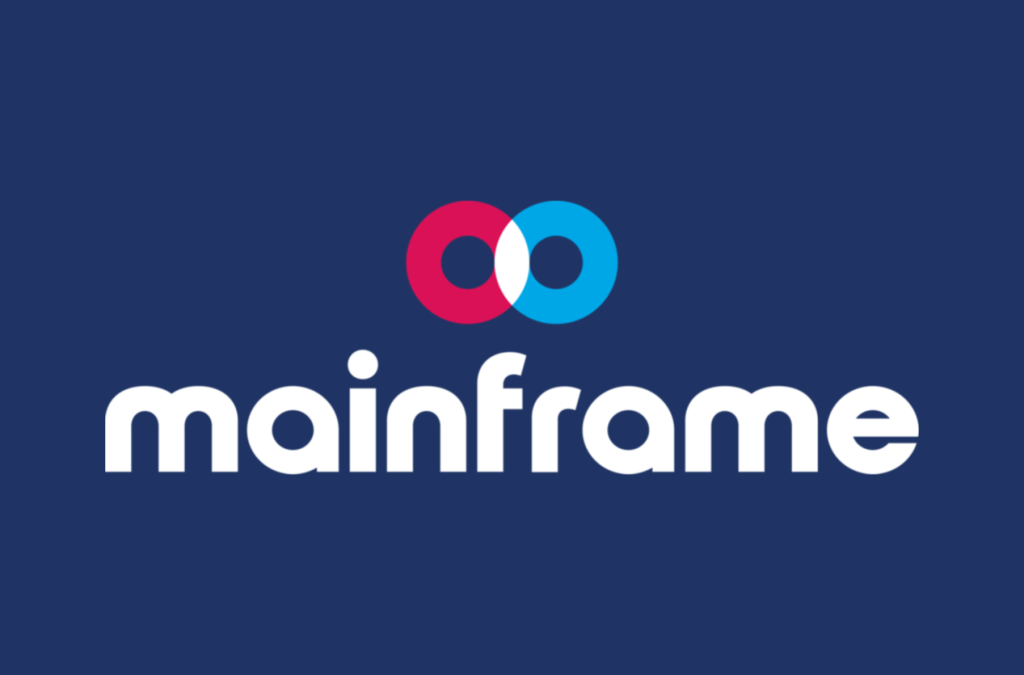
I spent my formative years (from the mid 1990s until the early 2000s) working as a mainframe computer operator. Alone in a giant CPU room, initializing tapes and monitoring jobs submitted by programmers at all hours of the night, I still harbor quite a bit of nostalgia for that job, which was undoubtedly the best I ever had. For one thing, it left me a lot of time with nothing to do, time which I spent learning about internet marketing, pay-per-click banners and domain names, on archaic forums which today exist only as stagnant ghost town communities or long expired artifacts to be dug up on archive.org when I’m in the mood to take a stroll down memory lane.
Of course, the cryptocurrency related project known as “Mainframe” (MFT) has little to do with any of that. It did however generate some pretty significant interest within the last couple of years, when it was promoting its (now defunct) Mainframe OS product, the marketing for which resembled the kind of comically overblown language you’d hear from startups during the height of the dot com bubble. Despite the hype and excitement, Mainframe OS seems to have since fizzled out, and had the story ended there, Mainframe might have garnered itself an exhibit in the internet museum of failed startups and f*cked companies.
Here’s the thing though, unlike classic eFlops like Kosmo.com, Flooz and All Advantage, Mainframe is still around and quietly building things. Though they didn’t make a lot of noise about it, Mainframe pivoted toward DeFi some time last year, long before the current craze set in. New CEO Doug Leonard has also moved the company away from Don Lapre-style infomercial marketing and instead turned its focus to the nuts and bolts of technical product development and refreshingly candid discussion with the community. This also allows former CEO Mick Hagen (still very much involved with Mainframe as Chairman) to do what he seems to do best, which is make partnerships, build brands and keep the trains moving.
Having recently acquired Sablier Finance, Mainframe has already begun to position themselves in the space. From the official announcement back in July:
Mainframe plans to integrate Sablier’s money streaming technology into our fixed-rate lending protocol. Paul Razvan Berg, the founder of Sablier, will join Mainframe as the head of development.
With Mainframe entering DeFi, we’re not talking yet another “swap” site or novel, food themed farming scheme. They’re developing a lending protocol that allows people to borrow against their crypto. You can view their most recent roadmap update here, which offers a tentative timetable for when the product will officially launch. I’m not going to speculate as to whether I think the product will be viable or successful as a business model. I simply do not know. However, with the current price of Mainframe tokens being roughly a fraction of a cent each, as far as risks go, it’s a fairly cheap one.
With the DeFi space becoming ever more crowded, one might wonder what (if anything) Mainframe has that can distinguish it from the competition. An advantage that many will overlook is their domain name, Mainframe.com. Most crypto projects use crap-tier domain extensions that anyone can get for the price of registration and throw up a website overnight. (Yes, I realize the irony of me typing that on a site which uses the .biz extension, but at least .biz has been around for nearly 20 years, and let’s just say it’s not the only domain I own or have owned.)
Anyway, Mainframe.com is a classic, first-class, dot com domain name. Utilizing a name of this caliber immediately conveys a certain seriousness, and gains you an intrinsic foothold in whatever industry you decide to venture into. It’s much easier to advertise a memorable, dot com domain and reach more people. You’ll get much more mileage out of a television commercial or radio ad with a domain name like Mainframe.com than something like whateverfinance.io. Also, when dealing with lending and finance, people are more likely to trust a website with their funds if it has an established, finely aged, legacy domain with a documented history, as it (for better or worse) implies a more secure experience.
There are of course, deeper reasons to have some trust in the project. CEO Doug Leonard received his Masters in Information Systems from Brigham Young University, and Mick Hagen (who briefly attended Princeton) spent two years in Brazil working as a volunteer missionary for The Church of Jesus Christ of Latter Day Saints. If this Utah-based startup can inject some wholesome Mormon vibes and clean living into the sleazy world of banking, then Mainframe could indeed become a revolutionary product and change the world. At the very least, Mainframe appears to be building a useful, comprehensible product that allows the average person to get in on the action.
If you enjoyed this article, feel free to donate some Mainframe tokens.
MFT Address: 0x2553e16c7685561711cd5Ffc31d58a5eC55fe9ff
